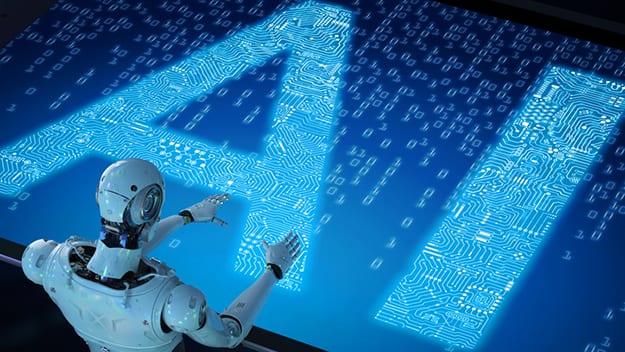The Information and Decision Support Center (IDSC) at the Egyptian Cabinet, has released a new analysis on the impact of artificial intelligence (AI) and advanced technologies in driving a transformative shift in Egypt’s labour market, creating opportunities while challenging traditional roles.
According to the analysis, as reported by Egypt Today on December 25, AI and automation are expected to pave the way for 97 million new jobs globally by 2025, even as 85 million roles become obsolete.
Read also: How Agentic AI is redefining CRM, workflow automation at Creation AI
Egypt’s evolving job landscape
The IDSC’s findings highlight a growing demand for roles that integrate humans, machines, and algorithms. Careers in AI specialisation, robotics engineering, data analysis, and digital transformation are gaining prominence as businesses restructure their operations to harness the power of technology. These shifts align with global trends, as industries adapt to the changing dynamics of work.
While traditional roles like administrative assistants and data entry clerks are declining due to automation, new opportunities are emerging across sectors. The report emphasizes the rise of non-routine jobs that demand analytical and creative skills, reflecting a broader shift in workforce requirements.
Industries driving AI adoption
AI’s influence is particularly strong in sectors such as digital communication, healthcare, financial services, and transportation. Emerging roles like material engineers in automotive, renewable energy specialists, and cybersecurity experts are set to redefine the workforce. Additionally, industries such as mining are leveraging technologies like big data and robotics, while the public sector focuses on encryption technologies to safeguard digital infrastructure.
Read also: Chrome to enhance security with AI-driven scam detection
Addressing workforce challenges
The rapid adoption of AI and related technologies has accelerated the need for reskilling and upskilling programs. The IDSC analysis underscores the importance of equipping workers with future-ready skills, including analytical thinking, technical expertise, and adaptability to new technologies. Expanding educational curricula to align with these demands is crucial for maintaining a competitive workforce.
The report also highlights the importance of social safety nets to mitigate the economic disparities that can arise from job displacement. Strategies such as fostering innovation in key sectors like renewable energy, financial technology, and healthcare are essential to ensure inclusive growth.
Planning for a tech-driven future
As Egypt navigates this transition, strategic planning will play a vital role in ensuring sustainable economic growth. Companies are already restructuring their value chains, increasing automation, and outsourcing specialized tasks to adapt to the new realities of work.
AI’s transformative potential offers Egypt a chance to redefine its labor market. By embracing these changes and investing in workforce development, the country can position itself as a leader in the global digital economy.





Leave a Reply